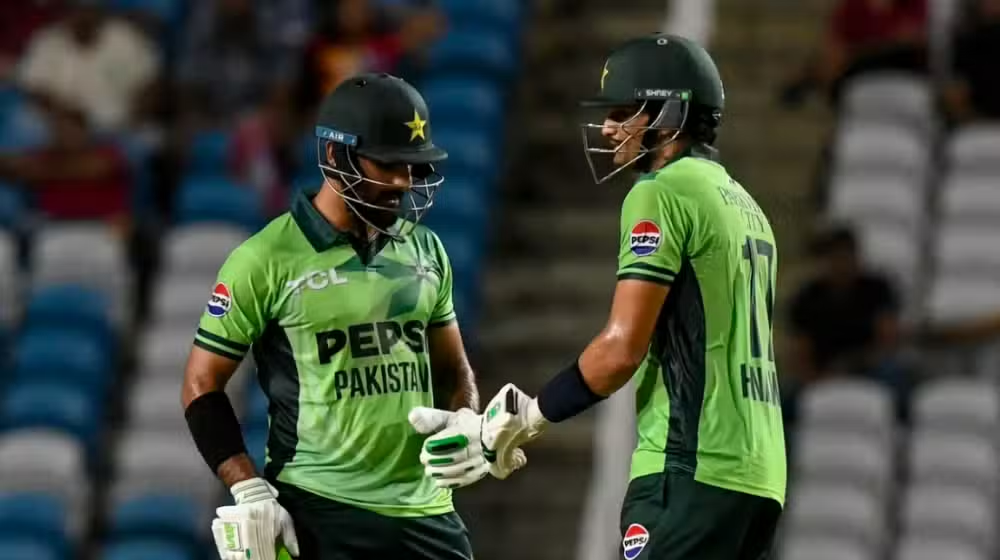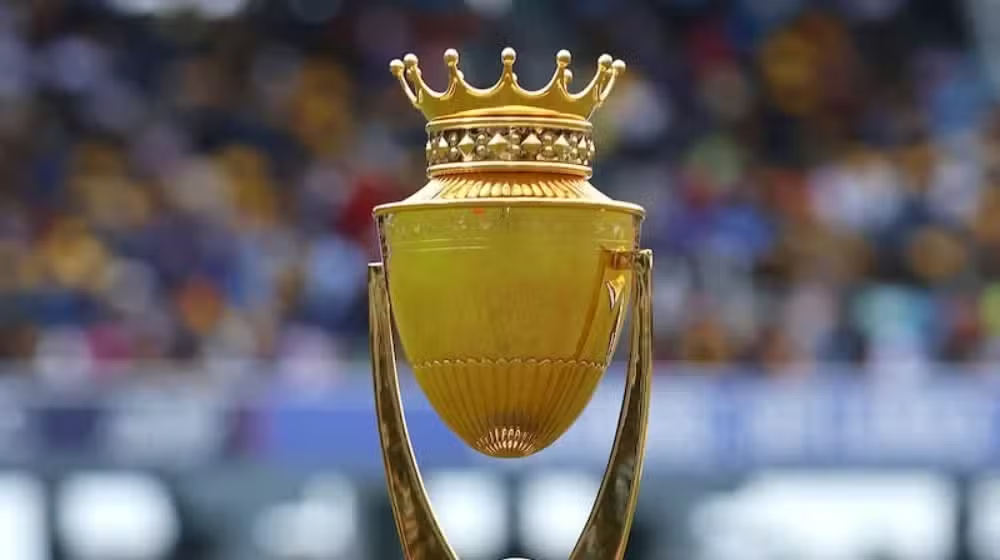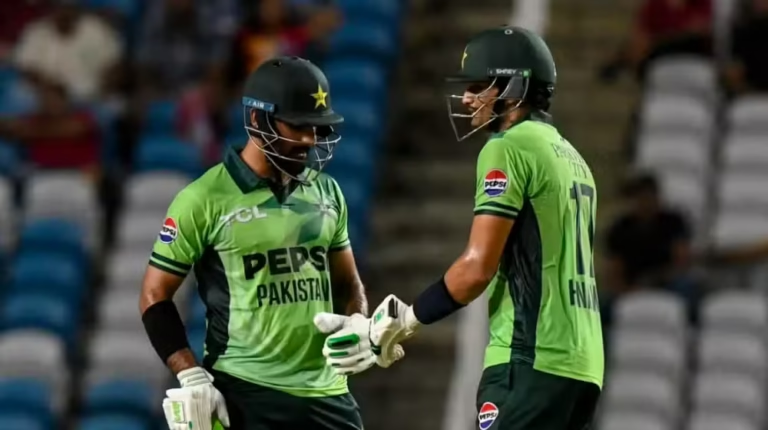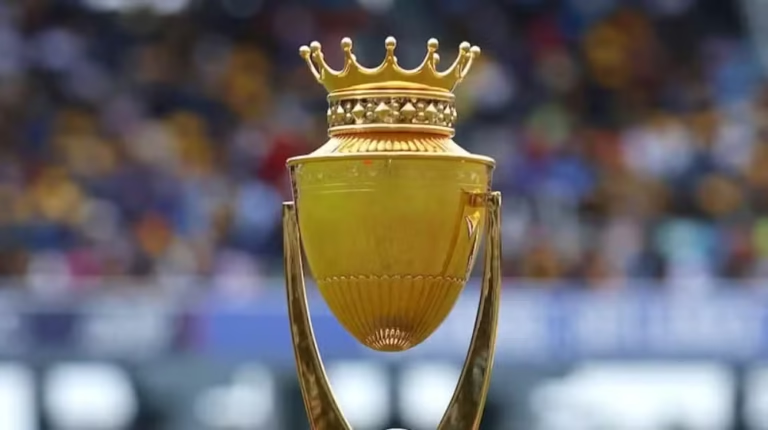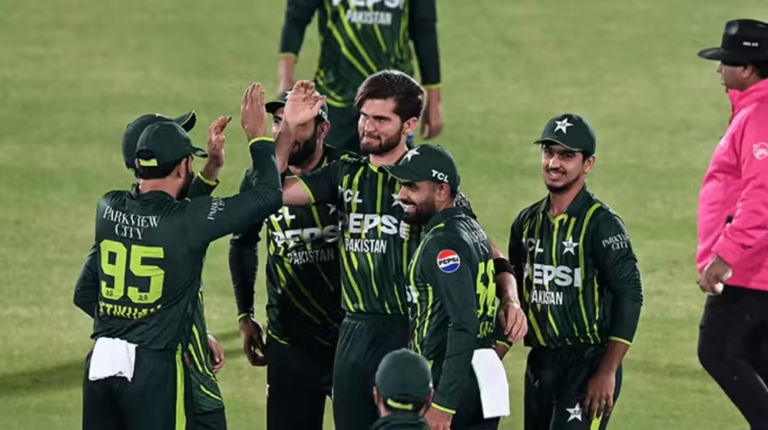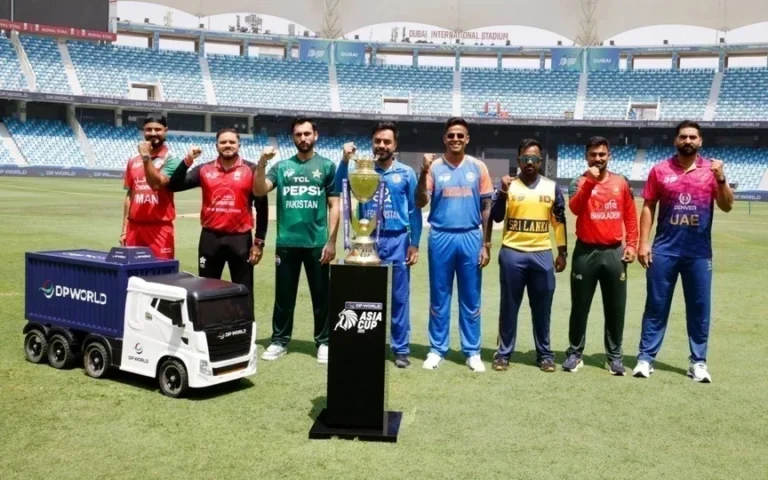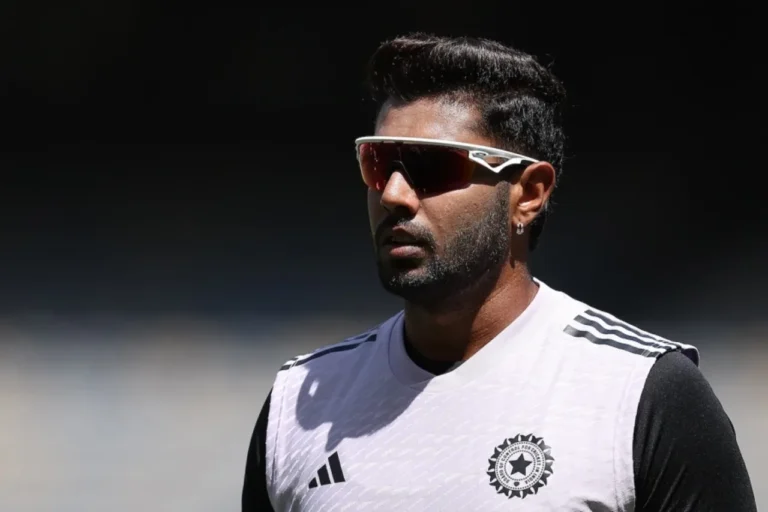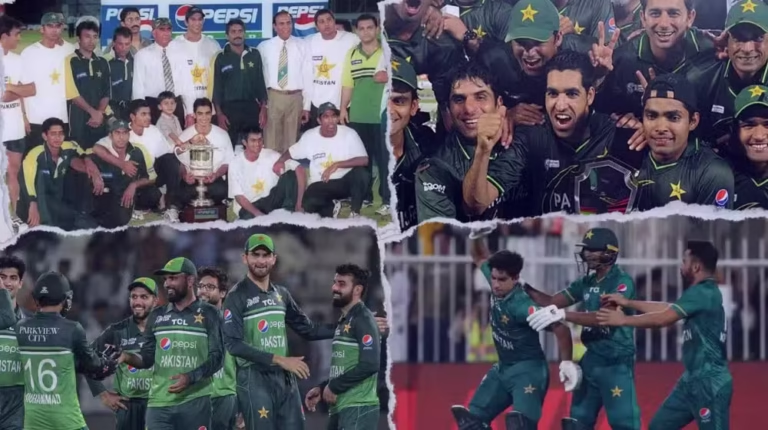When India and Pakistan take the field in Dubai on September 14, it will not just be another cricket match. It will be the first time the two rivals meet since the 2025 Champions Trophy earlier this year, and it comes with an official green light from the Indian government—something that hasn’t always been guaranteed in recent months.
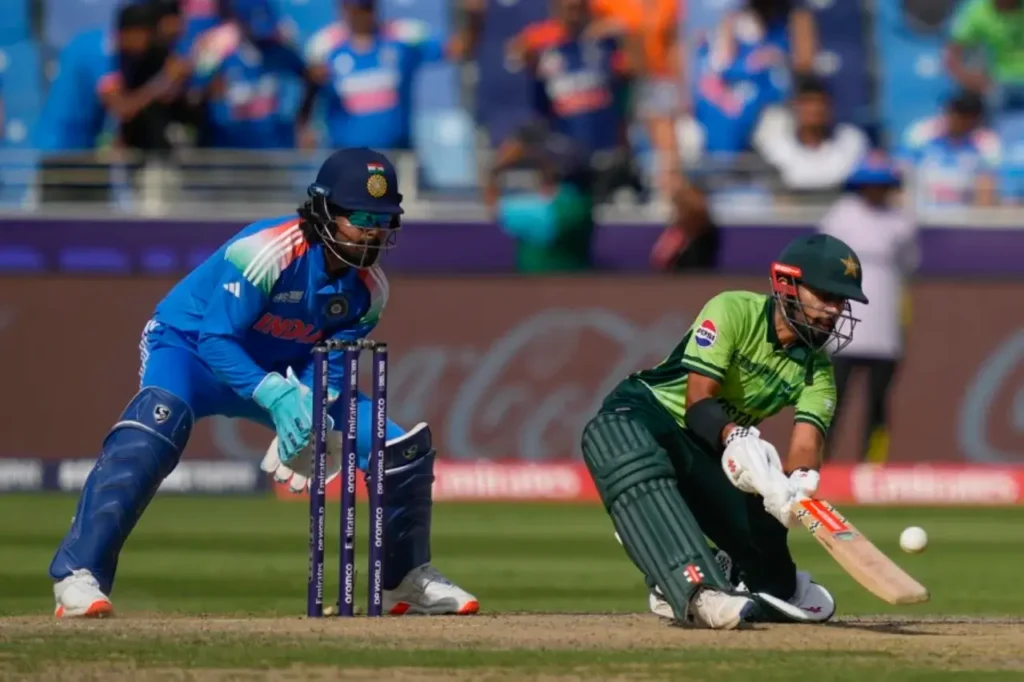
The Ministry of Youth Affairs and Sports issued a formal statement this week that clears the way for India to play Pakistan in the Asia Cup 2025. The key message: no bilateral contests, but multilateral tournaments are permitted. That seemingly simple clarification has ended weeks of speculation and ensured that one of cricket’s most-watched rivalries remains on the calendar.
A Decade-Old Policy, Finally in Writing
India and Pakistan haven’t played a bilateral series since 2012, and the reasons have little to do with cricket. Political and security tensions have kept cricket boards apart, even while ICC and ACC tournaments continued to throw the two sides together.
Until now, the arrangement was more custom than rule. The BCCI avoided sending teams to Pakistan, while welcoming Pakistan only for World Cups and Asia Cups staged in India. But there was no written guideline—just political signaling and case-by-case decisions.
That ambiguity has now been removed. The ministry’s statement was blunt:
- No bilateral sports events in each other’s countries.
- Participation allowed in international/multilateral events—whether in India or abroad.
- Pakistani athletes can compete in multilateral events hosted in India.
- Silence on Indian teams traveling to Pakistan for such events, leaving that door deliberately ajar but not open.
The Asia Cup in the UAE fits neatly within this clarified stance, and so does the Women’s ODI World Cup in October, where both India and Pakistan are in the same competition.
The Hybrid Hosting Model Becomes the Norm
The 2025 Champions Trophy offered a preview of what India’s position means in practice. Originally scheduled in Pakistan, India refused to travel, and the ICC agreed to a hybrid model: India’s games were staged in Dubai while the rest of the tournament remained in Pakistan.
That solution, initially seen as a compromise, is now effectively a template. The BCCI and PCB have agreed to apply it across all ICC events until at least 2027, ensuring tournaments don’t collapse under political pressure.
The Asia Cup, which was also supposed to be held in India, has already shifted to the UAE. The fact that the statement came just three weeks before its start shows how precarious these tournaments can be until the government makes its position clear.
Cricket Under Geopolitical Shadows
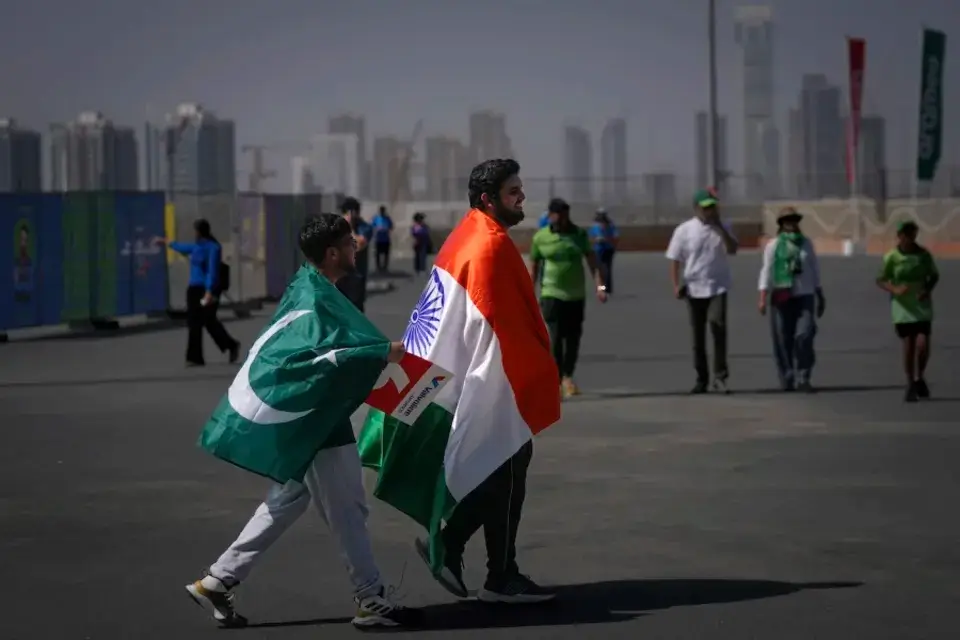
Every India-Pakistan clash is burdened with symbolism, but the timing of this one is particularly charged. Their last meeting in February followed the Pahalgam terror attack, which had pushed bilateral relations into another freeze.
In that context, there were loud calls in July for India to boycott all sporting contact with Pakistan. During the World Championship of Legends—a veterans’ competition—the Indian side forfeited its semi-final against Pakistan, amplifying fears that even ICC events could be at risk.
The ministry’s statement is therefore more than a scheduling note. It’s a political signal: India will not normalize cricketing ties with Pakistan, but neither will it sacrifice multilateral tournaments where its own players and fans stand to lose.
The Fan and Broadcast Angle
For fans, the clarification brings relief. India-Pakistan games are not just cricket matches—they are global spectacles. The 2019 ODI World Cup clash drew 273 million television viewers worldwide, while the 2022 T20 World Cup encounter in Melbourne packed 90,000 fans into the MCG.
Broadcasters and sponsors had been sweating over the uncertainty. With the government’s stance settled, the September 14 group-stage clash in Dubai is now a guaranteed ratings bonanza, with the possibility of two more showdowns if both sides progress.
What This Means for Pakistan
From Pakistan’s perspective, the arrangement is bittersweet. On one hand, their players are not being excluded from major tournaments. On the other, the dream of hosting India on home soil remains out of reach.
Pakistan successfully staged the 2023 Asia Cup in Lahore and Multan, drawing praise for its security arrangements. But India’s refusal to travel in 2025 shows that political roadblocks outweigh cricketing considerations. Unless there’s a dramatic thaw in relations, Pakistan’s “home” matches against India will continue to be exported to neutral venues.
Beyond Cricket: A Wider Sports Template
The ministry’s statement was carefully drafted to apply across all sports, not just cricket. That means hockey, wrestling, and even Olympic qualifiers will follow the same formula. Pakistani athletes will be able to compete in events hosted in India, while Indians can line up against them in neutral or multilateral competitions.
At the same time, India also announced a streamlined visa policy for international sports officials—a move clearly aimed at positioning itself as a global hub for tournaments. This is part sports diplomacy, part soft power, with India signaling that it wants to be a preferred host nation while keeping its Pakistan policy intact.
The Road Ahead
Looking forward, the pattern is clear:
- Asia Cup 2025 (UAE) → India vs Pakistan confirmed.
- Women’s ODI World Cup (October 2025, India) → Pakistan expected to participate.
- ICC Events (2026–27) → Hybrid hosting will remain the solution whenever Pakistan is scheduled to host.
But the one unanswered question lingers: will Indian teams ever play in Pakistan again, even in multilateral tournaments? The ministry avoided addressing it, perhaps deliberately, leaving the PCB and ICC to negotiate awkward compromises for future events.
For now, the Asia Cup is safe, and the cricketing world can brace itself for another India-Pakistan showdown in Dubai. The political stalemate continues, but cricket carries on in its shadow, drawing millions of eyes and emotions each time the two countries meet.
As much as the government’s stance settles one debate, it keeps another alive: how long can the sport sustain itself on neutral venues and hybrid models before fans on both sides begin to feel shortchanged?

